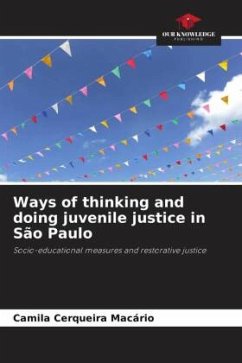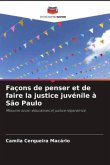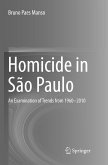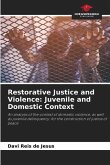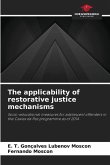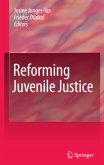This work presents and analyses the decisions and conceptions of the "judicial actors" in the field of juvenile justice in the city of Salvador - BA, taking into account the legal provisions of the Statute of the Child and Adolescent which, in its article 112, provides for socio-educational measures applicable to adolescents in conflict with the law. In particular, the framework of restorative justice was analysed in terms of the possibilities, successes and difficulties in its implementation, based on a comprehensive approach to the points of view of "judicial actors" and socio-educational sentences. The aim was to scrutinise the meanings surrounding the juvenile justice system - produced within the judiciary - to see if there is an under-use of restorative justice references in sentences and in the meanings attributed to the socio-educational measure, on the one hand, and the persistence of references that favour the logic of affliction as a way of responding to juvenile conflicts, on the other.
Bitte wählen Sie Ihr Anliegen aus.
Rechnungen
Retourenschein anfordern
Bestellstatus
Storno

